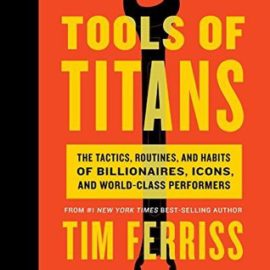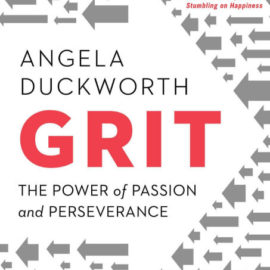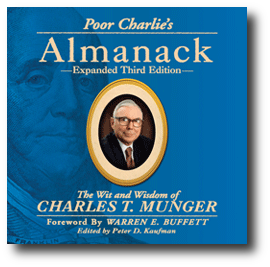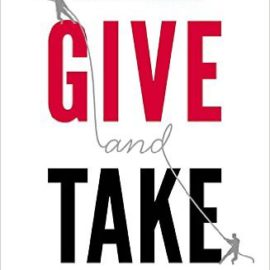Want to learn the ideas in The Compound Effect better than ever? Read the world’s #1 book summary of The Compound Effect by Darren Hardy here.
Read a brief 1-Page Summary or watch video summaries curated by our expert team. Note: this book guide is not affiliated with or endorsed by the publisher or author, and we always encourage you to purchase and read the full book.
Video Summaries of The Compound Effect
We’ve scoured the Internet for the very best videos on The Compound Effect, from high-quality videos summaries to interviews or commentary by Darren Hardy.
1-Page Summary of The Compound Effect
Overview
The Compound Effect is a self help book by the publisher of SUCCESS magazine, Darren Hardy. The book describes how small attitude and behavior adjustments can result in significant life changes.
Small changes can have a huge impact over time. A small change could be cutting out junk food or spending more time on creative hobbies. If you practice these small changes long enough, they become habits and will help you in the future.
In order to change, you need to review your habits and decisions. Negative habits can be changed by tracking them and replacing them with positive ones. You can also change negative thinking with positivity from motivational media or conversations with a dedicated accountability partner.
In order to create lasting change, people must be motivated to do so. They should establish routines that will help them achieve their goals and track whether they’re doing what’s necessary to reach those goals. They also need to push themselves beyond normal limits in order for the changes they make stick.
Key Takeaways
Small changes in your life, when done consistently over time, can have a bigger impact than major ones that are only temporary. The effects can be positive or negative. Finding the right changes to make for a long term and lasting effect requires you to visualize what kind of person you want to be and identify what needs to change in order for that goal to become reality.
To see long-term changes from the Compound Effect, people must adopt a positive attitude about themselves and be grateful for what they have.
Most people don’t realize how much of an impact their habits have on their lives. Instead of making decisions based on habit, they should be more conscious about the choices they make and the consequences that come with those choices.
If you want to have a big impact, it’s important to establish daily rituals and weekly rhythms. You should also track your routines so that they’re consistent. It’s also important to control the influence of negative news media and pessimistic friends while consuming self-affirming media and associating with high achieving friends. In addition, you need to cultivate positive creativity by controlling the influence of negative news media and pessimistic friends while consuming self-affirming media and associating with high achieving friends. Furthermore, when pursuing a goal for long term results, you must be deeply committed but not noble in your motivations because being noble isn’t enough motivation on its own; rather than being motivated by nobility alone, achievers find their metaphorical wall of limitation (which is different from an actual physical wall) and push beyond it because they aspire for more than what is expected of them.
Key Takeaway 1: Minor adjustments to a person’s life, when practiced consistently over time, can have a longer lasting effect on quality of life than a major change that lasts only a brief period. The effects can be negative or positive.
The Compound Effect is the principle that a small change can have a big impact over time. It’s like how even if you’re off course by just a little bit when flying, it will make your destination completely different. The same thing applies to life; if we make just one error, it could change everything in our lives later on. On the other hand, even a minor improvement can compound and create significant improvements years later.
The Compound Effect works because each day’s effort builds on the previous day’s change. For example, if someone wants to learn a new language, they should start with simple words that are used often and then build up from there. If they do this consistently over time, it will be easier for them to understand more complicated lessons later on. This is also true of anything else we want to learn – starting at the beginning level is important so you can absorb information before moving onto something harder or forgetting what you learned entirely. It might take longer than a quick-fix class that teaches people everything in one month, but it will stick with them longer and help them better understand the material as well as continue learning about their subject throughout their life.






